Rice Grains Unleashed: Supercharge Your Plants with Natural Strength and Vitality
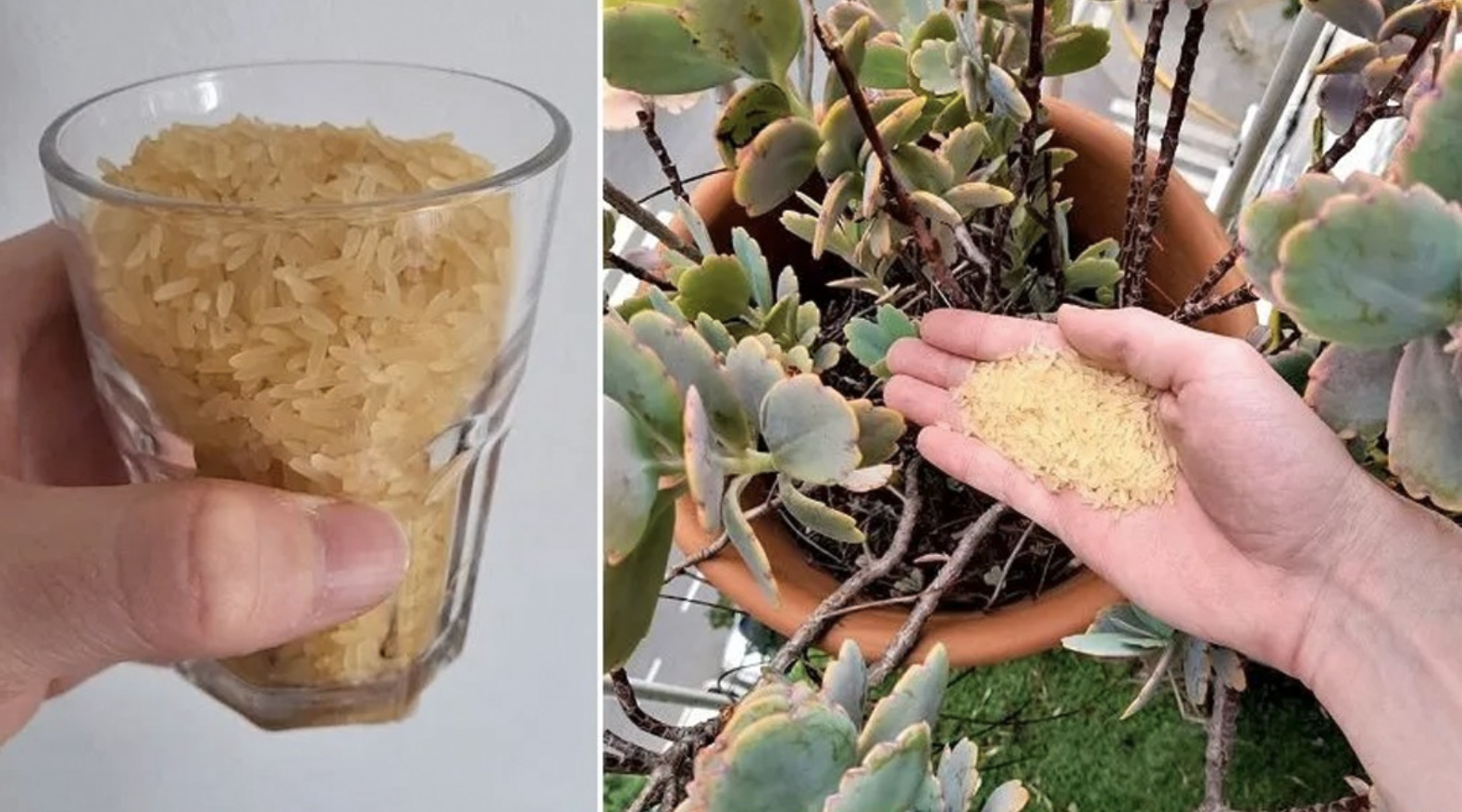
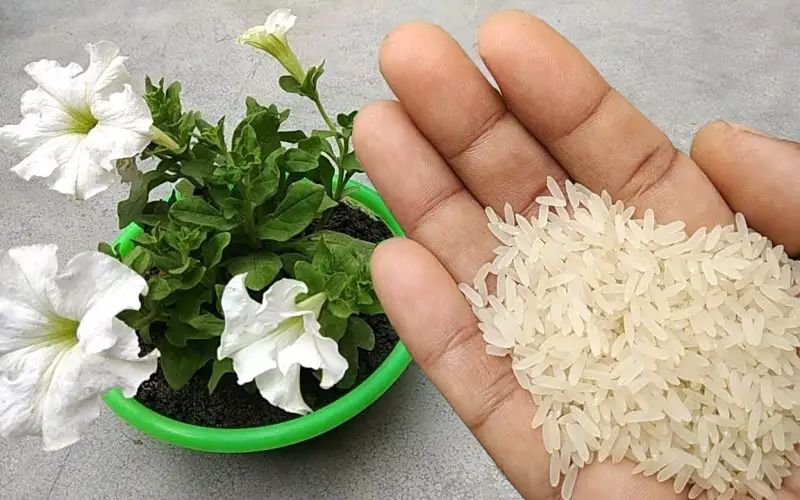
When it comes to nourishing our plants, we often think of traditional fertilizers and organic matter. However, there’s a simple and cost-effective solution that many gardeners overlook—rice grains. Rich in essential nutrients, rice grains can be utilized as a natural plant booster to foster strong growth and robust health. In this article, we will explore the benefits of using rice grains for your plants and provide you with practical tips on how to harness their power effectively.
1. Understanding the Nutritional Value of Rice Grains:
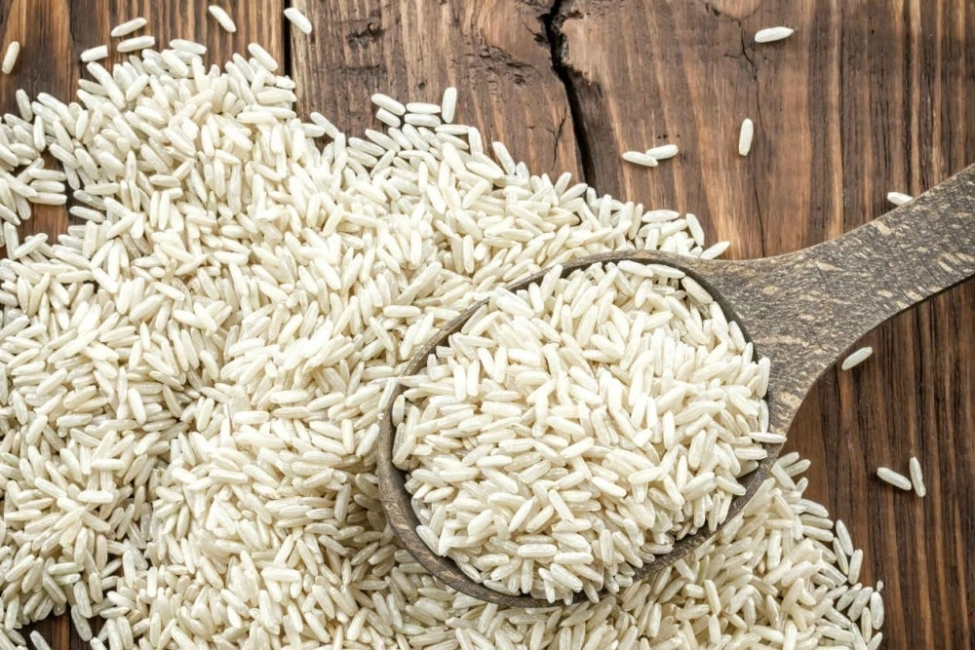
Rice grains hold a treasure trove of nutrients that can profoundly benefit your plants in multiple ways. They boast a rich carbohydrate content, serving as an energy source for both plants and soil microorganisms. Moreover, rice grains pack essential minerals like potassium, phosphorus, and nitrogen – vital elements for robust plant growth and development.
2. Rice Water: A Nutrient-Rich Elixir:
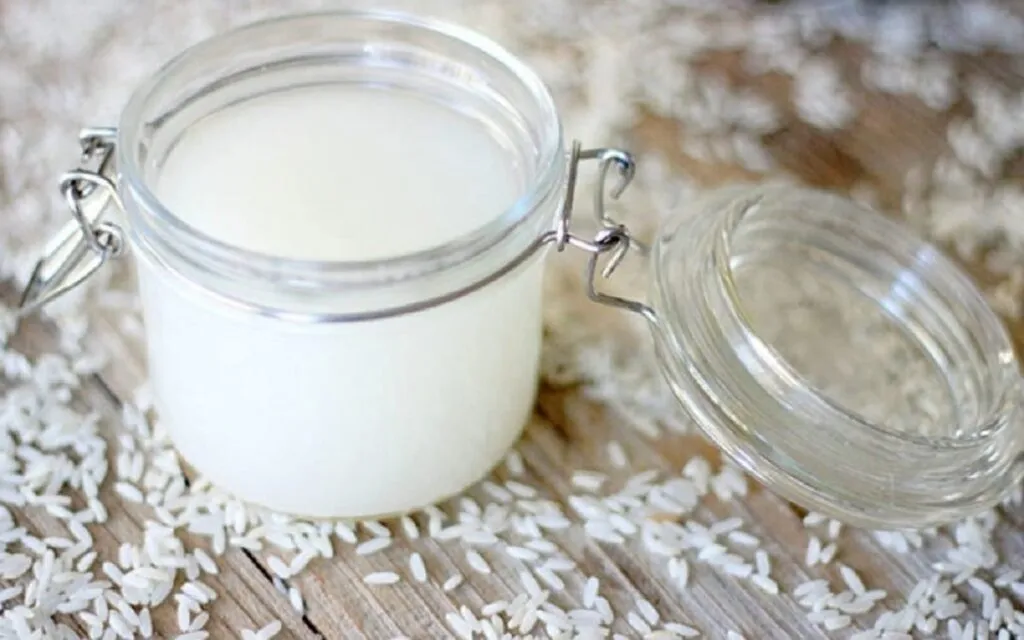
Among the simplest methods of leveraging rice grains for your plants is by concocting rice water. Immersing rice in water triggers the release of valuable nutrients that plants can absorb. Follow these steps to create your own rice water:
- Thoroughly rinse half a cup of rice grains to eliminate impurities.
- Place the rinsed rice in a container and add two cups of water.
- Let the rice soak for approximately 30 minutes, stirring occasionally.
- Strain the rice water into a separate container, ensuring no residual grains remain.
3. Using Rice Water as a Plant Tonic:
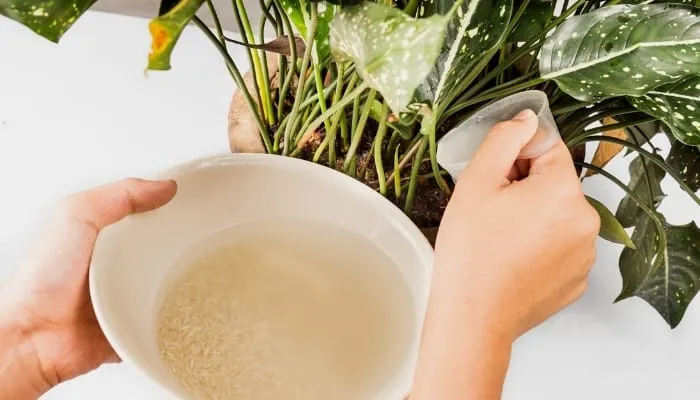
Rice water proves versatile as both a liquid fertilizer and a foliar spray, enriching plant growth. Employ it effectively through the following methods:
- Liquid Fertilizer: Dilute the rice water with an equal amount of water, then administer it to your plants once weekly. This consistent nutrient supply enhances overall health and vitality.
- Foliar Spray: Transfer the rice water into a spray bottle and gently mist your plant leaves. This direct absorption method invigorates growth and boosts resilience.
See also From Fertilizer to Pest Control, Discover the Surprising Powers of Milk!
4. Incorporating Rice Grains into the Soil:
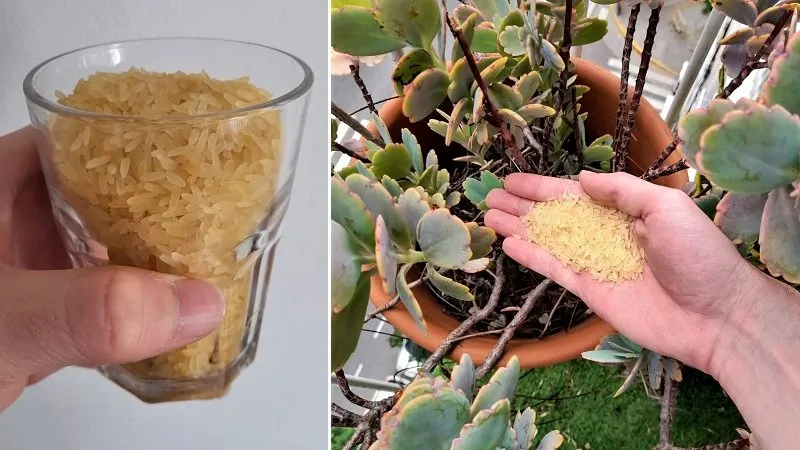
Another approach to capitalize on rice grains is by integrating them into the soil. This technique is optimal for potted plants or when preparing a garden bed for new plantings. Proceed as follows:
- Crush the Rice Grains: Break down the rice grains into smaller fragments, ensuring they aren't overly fine or powdery.
- Even Distribution: Sprinkle the crushed rice grains evenly across the soil surface.
- Soil Integration: Delicately work the grains into the top soil layer, utilizing a garden rake or hand fork.
- Ample Watering: Thoroughly water the soil, encouraging nutrient penetration into the root zone.
5. Precautions and Considerations:
While rice grains offer myriad benefits, several considerations are crucial:
- Moderation: Refrain from excessive use of rice grains or rice water, as it may lead to nutrient imbalances or waterlogging.
- Raw Rice Grains: Utilize uncooked rice grains, as cooked rice may decompose swiftly, causing unfavorable soil conditions.
- Monitor and Adjust: Regularly observe your plants' response to the rice grain treatment. If any adverse effects arise, cease usage promptly.
Harnessing the prowess of rice grains stands as a straightforward yet potent means of invigorating your plants' growth and resilience. By employing rice water as a fertilizer or integrating rice grains into the soil, you supply your plants with vital nutrients, fostering robust development. Striking a balance and keenly monitoring your plants' reactions will ensure optimal outcomes. So go ahead, experiment, and witness the remarkable impact rice grains can have on your cherished green companions. Happy gardening!
DISCLAIMER: THIS WEBSITE DOES NOT PROVIDE MEDICAL ADVICE The information, including but not limited to, text, graphics, images and other material contained on this website are for informational purposes only. The purpose of this website is to promote broad consumer understanding and knowledge of various health topics. It is not intended to be a substitute for professional medical advice, diagnosis or treatment. Always seek the advice of your physician or other qualified health care provider with any questions you may have regarding a medical condition or treatment and before undertaking a new health care regimen, and never disregard professional medical advice or delay in seeking it because of something you have read on this website.
